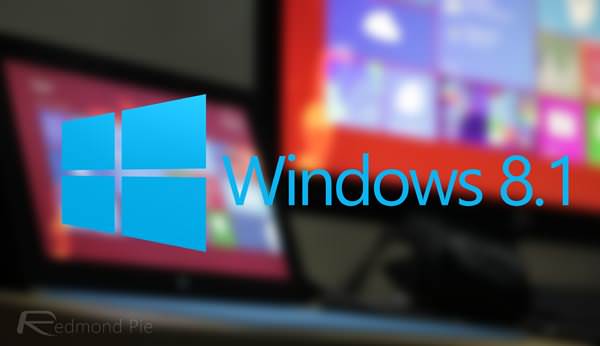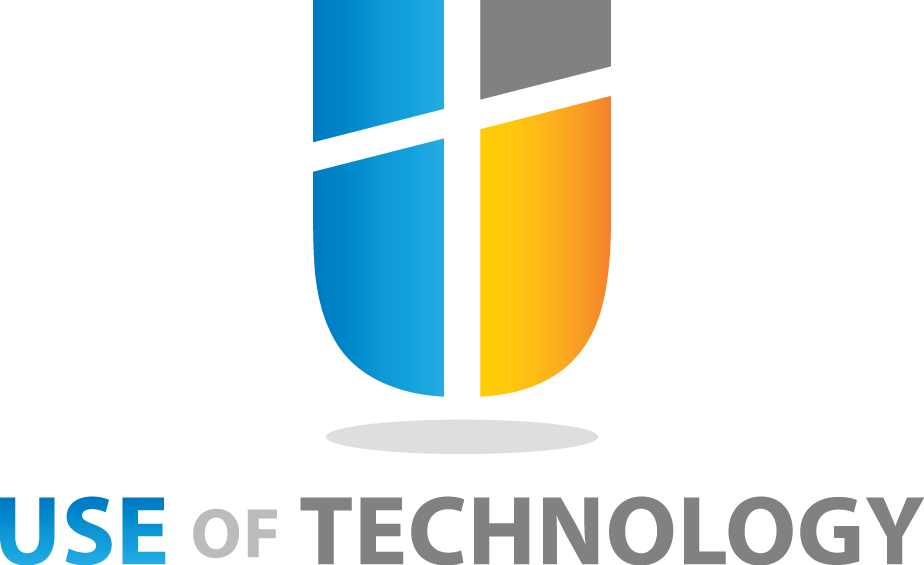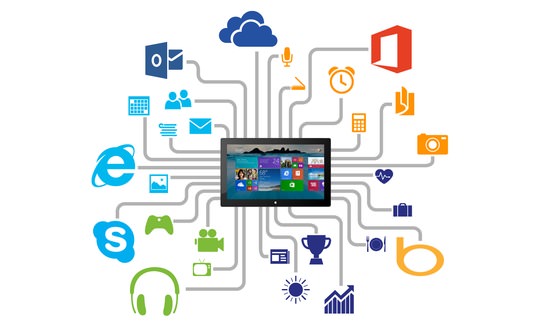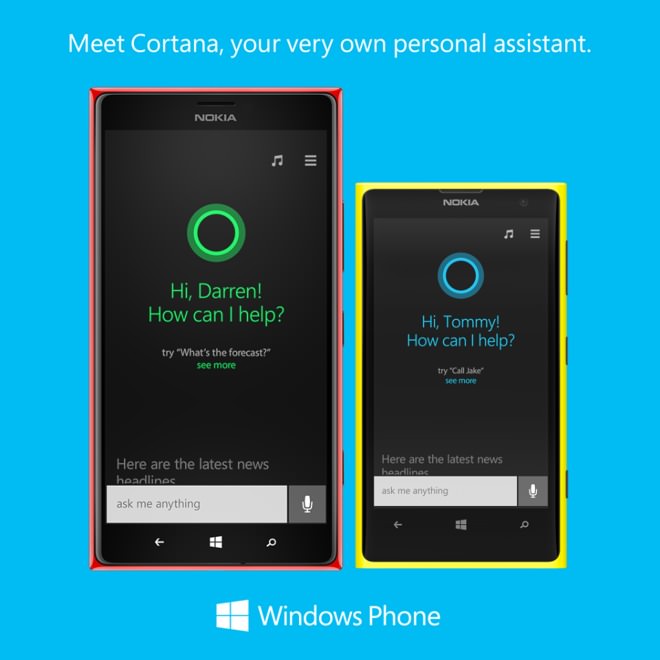In a market dominated by the likes of Apple and Google, it’s really hard to make your own operating system stand out and no one knows this more than Nokia. Once considered as the best Smartphone manufacturer, Nokia fell from grace with the birth of Touchscreen based devices, naturally that meant that their initial Windows 7 Phone running devices were not a huge success. But as time went on, they started to improve the operating system little by little, granted that the Windows Phone OS in general was not as customizable as Android or iOS. But that wasn’t such a bad thing as quite a large part of the audience preferred a phone that sported a more minimalistic Operating System. 
From 2010 – 2013 Microsoft and Nokia really tried to evolve the operating system in order to appeal to a larger crowd and therefore we saw the birth of Windows Phone 8, which was a vast improvement from the original version but still lacked proper customization and innovative features, so the question is can they finally push the boundaries and silence their critics with Windows Phone 8.1? Let us find out
Best Windows Phones for 2013 check it out!
So what is new?
API:
The obvious question that first comes to mind is how does Windows 8.1 differentiate itself from the previous versions, what does it offer that the previous versions of the OS don’t? Well the biggest change is the API level, the current version features support for universal applications that can run on both PC and Smartphone’s. This was always Microsoft’s goal, but it wasn’t until the release of Windows 8.1 that they were able to make it a reality.
UI Changes:
Other updates are minor but still makes a big difference in the overall user experience, there is no a third column sporting medium sized tiles on full HD devices and you can use it to have the tiles of your choosing in one place or have them spread out. What this does is that it creates an effect similar to Android’s home screen shortcut where you can access everything you desire with one sweep. Other updates include an improved keyboard, the ability to use any desired images as background instead of plain colors in the previous versions, swiping off any application from the task manager similar to Android without any hassle, though it’s still not as efficient due to the limitation of swiping away only one app at a time.
Improved Features:
Similar to Androids drop down box, Windows 8.1 have their very own notifications centre called Action center that acts like a unified notification hub. It will give you access to multiple shortcuts such as the settings menu and notifications you assign, fortunately you can change these according to your preference. Additionally you also get the more user customizable launch shortcuts and the SIRI like Cortana which serves similar purpose. Like Siri, Cortana allows you to make voice commands and acts accordingly. Though one thing that sets Cortana apart is its ability to recognize music and detect additional information.
Improved Performance:
Windows 8.1 is much smoother than its previous versions by nature, whether it’s changing between different tiles or running an application the performance enhancements are noticeable. Especially the new IE11 browser sports some really great improvement that makes it one of the best browsers available in any device.
Conclusion:
Windows 8.1 was a very crucial point for the future of the platform, so far the updates seem very well executed and performance enhancements only improve the experiences further, so yes the upgrades are solid and well throughout, but can it slowly start catching up to the giants that are iOS and Android ? Well only time will tell, but one thing is for sure Windows Phone is heading in the right direction



